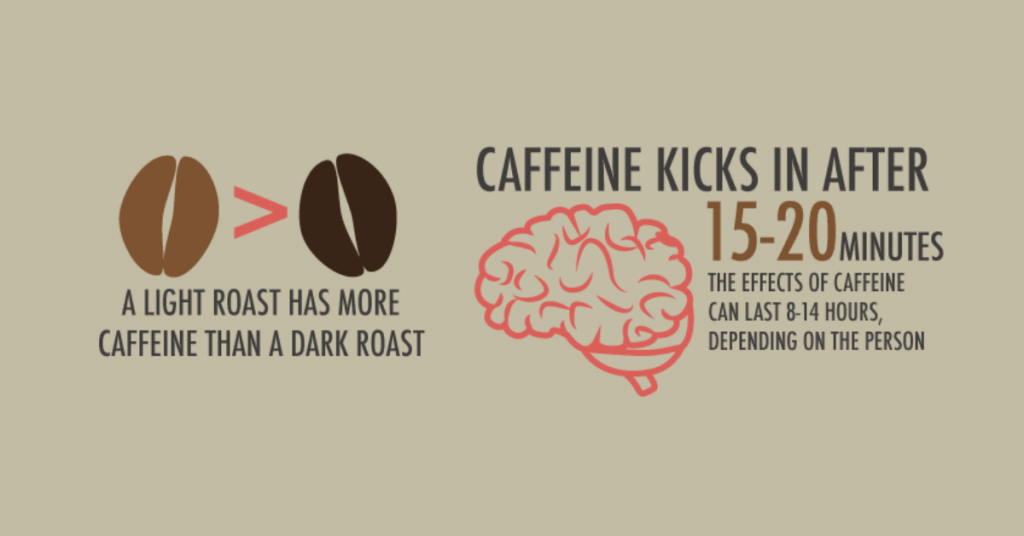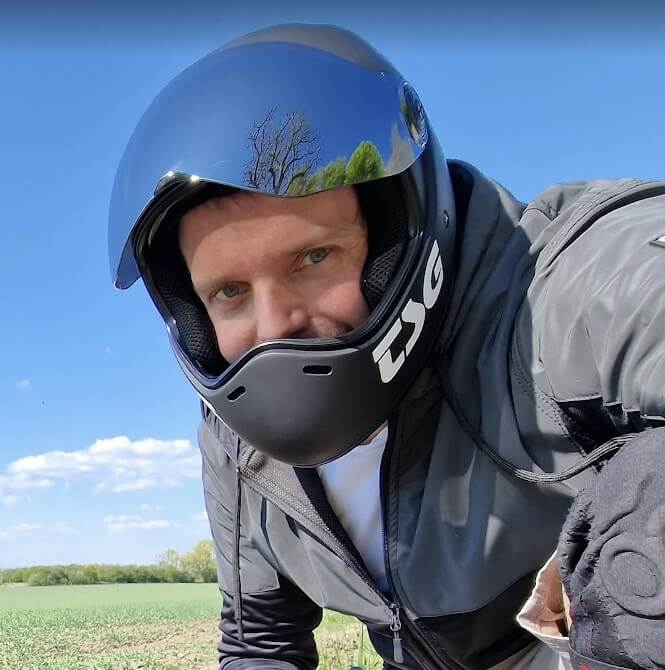We are living in a world where drinking coffee has been the norm for people who have to live a productive lifestyle. Drinking coffee and getting the kick of caffeine is not something new, the earliest evidence of coffee appeared in Yemen in the middle of the 15th century. In Sweden coffee has become embedded in our culture and you should always ask and serve coffee at social events and gatherings. It’s common to drink a cup of coffee after dinner. Most of my colleagues have used coffee and caffeine to trick our brains to stay awake for important deadlines or exams, what we didn’t know was how it did impact the brain and Adenosine.
The circadian rhythm is the primary factor that determines your sleep and wake cycle. Alongside this there is another system sending a sleep signal to the brain, this system is susceptible to being disrupted by coffee. The active ingredients in coffee, Caffeine, work by blocking this sleepiness signal, adenosine, and therefor tricks your brain into thinking it’s not tired.
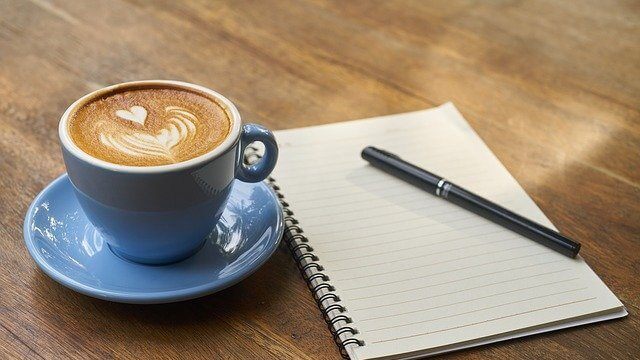
Why shouldn’t you drink coffee after dinner or even after 3 pm?
If you are not planning to work long hours into the night the most common recommendation is to not drink coffee after dinner. The medical reason for this comes from your 24-hour circadian rhythm. The circadian rhythm is the primary factor that determines your sleep and wake cycle. Alongside this there is another system sending a sleep signal to the brain, this system is susceptible to being disrupted by coffee. The active ingredients in coffee, Caffeine, work by blocking this sleepiness signal, adenosine, and therefor tricks your brain into thinking it’s not tired.

Adenosine is a brain molecule, in medical term a neurotransmitter, which function is to register elapsed time. When you are awake adenosine will keep accumulating in your brain, binding to receptors that send sleepiness signals throughout your body, creating a pressure to sleep. During sleep, the adenosine levels are going down and the system resets.
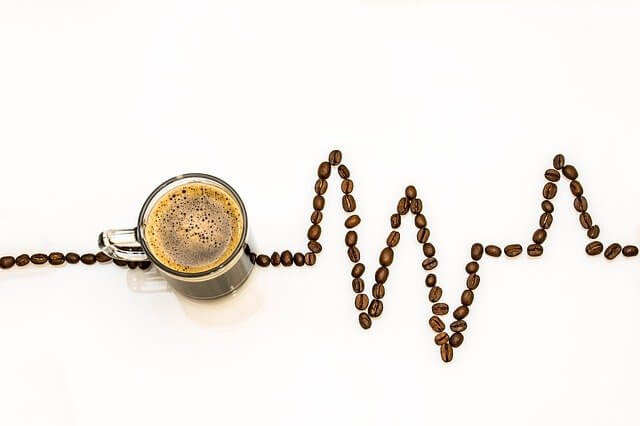
Caffeine fits in the same receptors as adenoisne, physically blocking it from binding.
When adenosine receptors can’t fire, the brain falsely registers that it has been awake for a shorter period of time, making you feel more alert.
Caffeine has a half life of around 6h
An enzyme metabolizes caffeine in the liver. Studies show that half the population may have a variant in the gene, CYP1A2, that leads to slower processing of caffeine, meaning the half-life is even longer than 6 hours. That’s why you shouldn’t drink coffee after dinner, the caffeine will be in your body past midnight.
If you are recording you sleep with a sleep tracker you might see these patterns on days when caffeine is still in your system at bedtime:
- higher average resting heart rate (RHR) throughout
- delay in RHR reaching its lowest point
- higher restlessness
- increased time spent awake
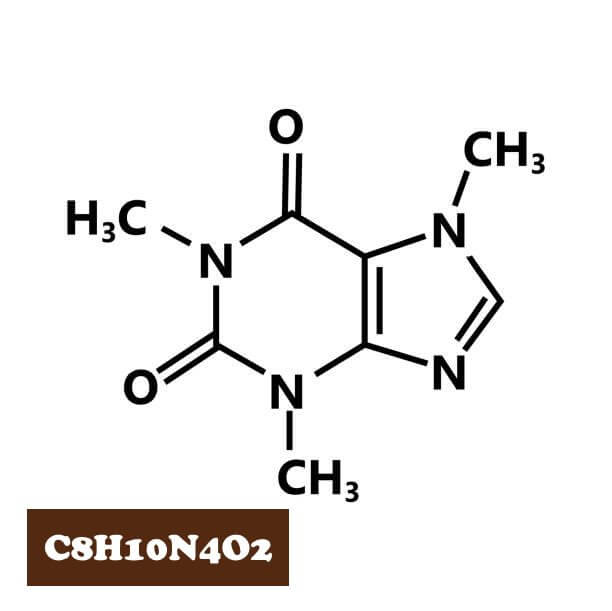
Tracking your sleep data is a good way when you are trying to get a better night of sleep or if you are having deprivation. Sleep deprivation is caused by a consistent lack of sleep or reduced quality of sleep. Doctors agree that getting less than 7 hours of sleep on a regular basis can eventually lead to health consequences that affect your entire body. If you are drinking coffee later than 3 pm and have problems with your sleep, a first action should be to take that last cup of coffee a little bit earlier.
Myself Im using the sleeptracker, Oura. A ring that tracks my resting heartrate, heartrate variability and lowest body temperatur during the night.
Stop drinking coffee
Its easier said than done to drink less, worldwide we consume over 150 million bags of coffee a year. According to researchers coffee is the second most popular drink in the US, even surpassing soft drinks.
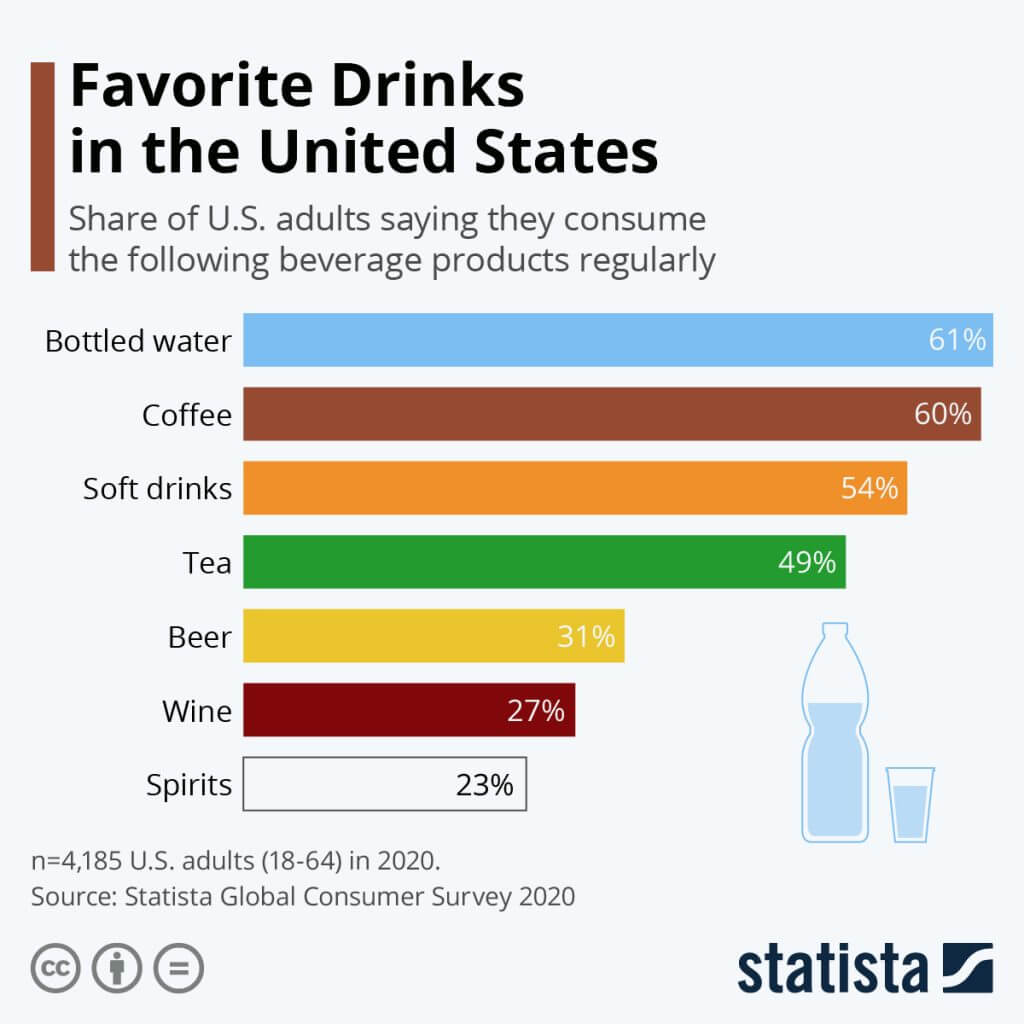
The top countries on the consumption of coffee per capita are all the Scandinavian countries. Researchers think that one reason comes from the high taxes on alcohol and alcohol production introduced during the 1800s is one of the reasons the Scandinavians had to find themselves another drink. Others thinks it because of the winter when the sun is only up for a couple of hours during the day making them even to drink coffee after dinner.
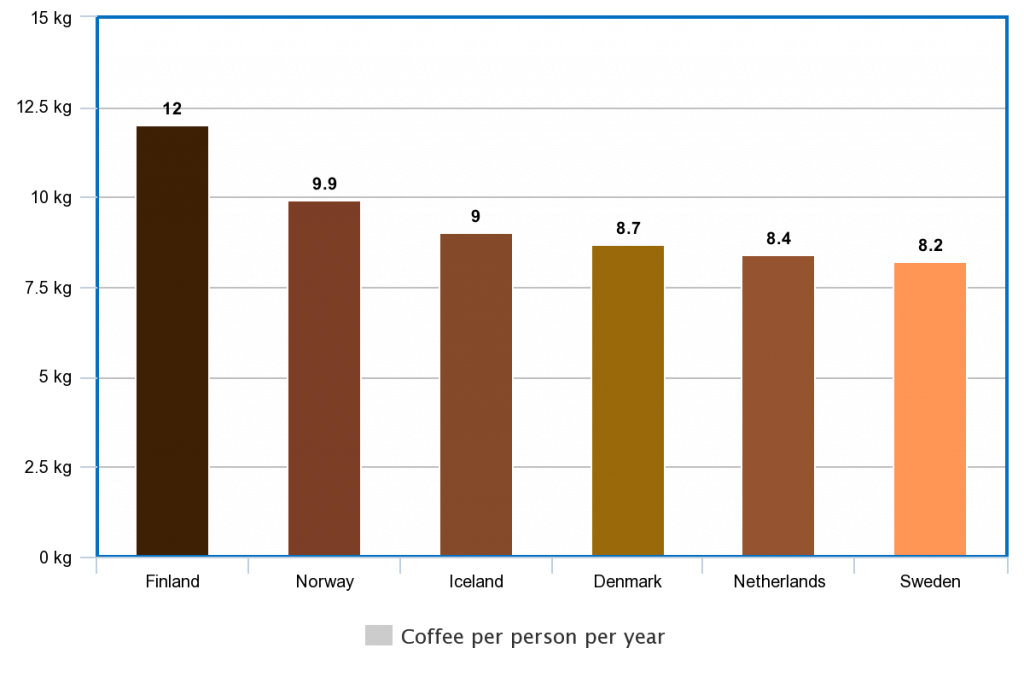
kg coffee Person Per Year
- Finland – 12 kg
- Norway – 9.9 kg
- Iceland – 9 kg
- Denmark – 8.7 kg
- Netherlands – 8.4 kg
- Sweden – 8.2 kg
If you want to reduce the caffeine there is this traditional nordic coffee drink, Kaffekask. I can tell you it will not help you sleep. It’s an old recipe on how to make a good alcoholic coffee. If you don’t like it you can always start with homebrewing.
Kaffekask recipe:
- Put a coin in your coffee mug
- Fill your mug with coffee until you can’t see the coin anymore
- Fill with vodka until you can see it again
References
- Yang, A., Palmer, A. A., & de Wit, H. (2010). Genetics of caffeine consumption and responses to caffeine. Psychopharmacology, 211(3), 245-257.
- Cornelis, M. C., El-Sohemy, A., Kabagambe, E. K., & Campos, H. (2006). Coffee, CYP1A2 genotype, and risk of myocardial infarction. Jama, 295(10), 1135-1141.
- https://www.statista.com/chart/8602/top-coffee-drinking-nations/

